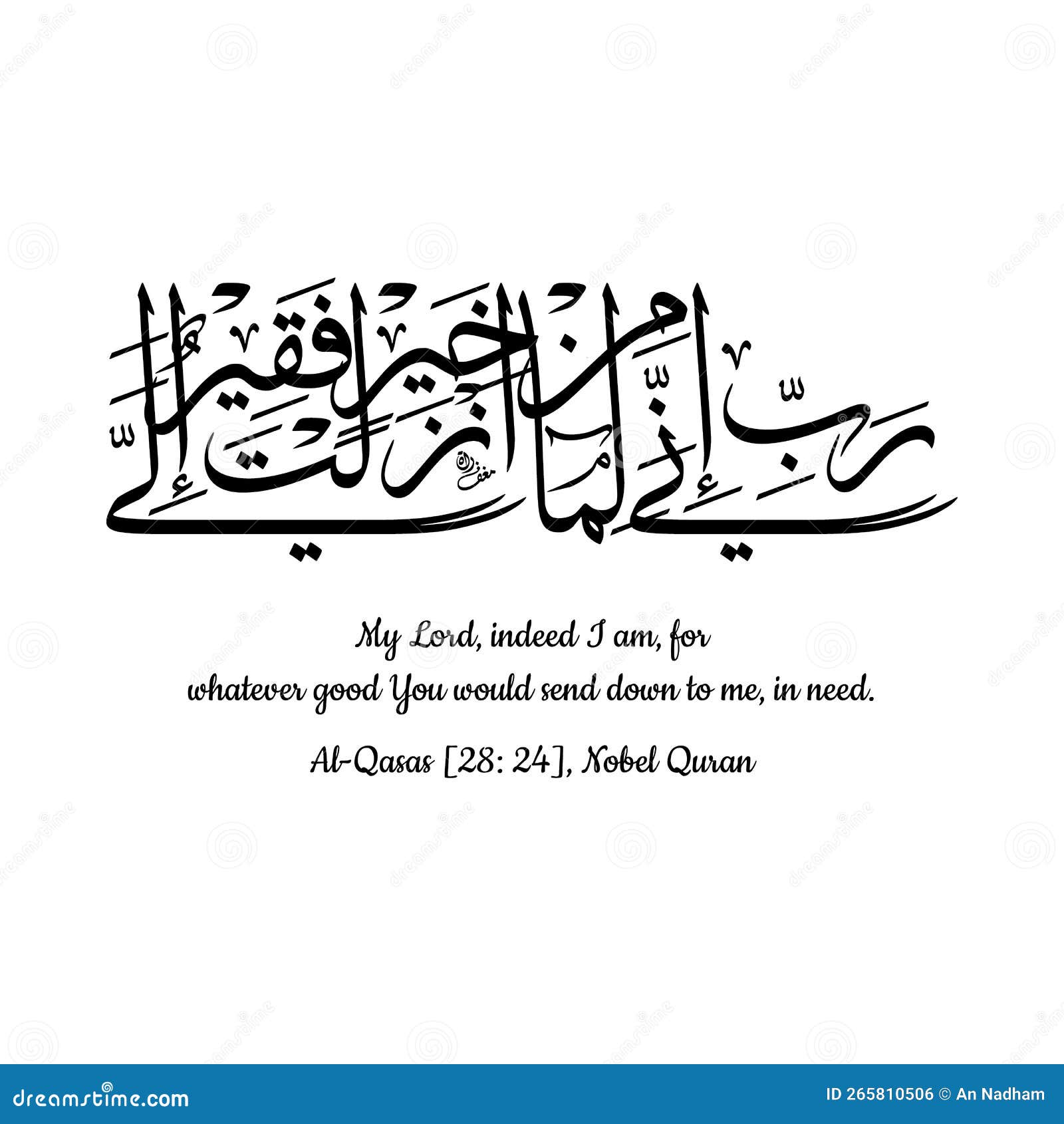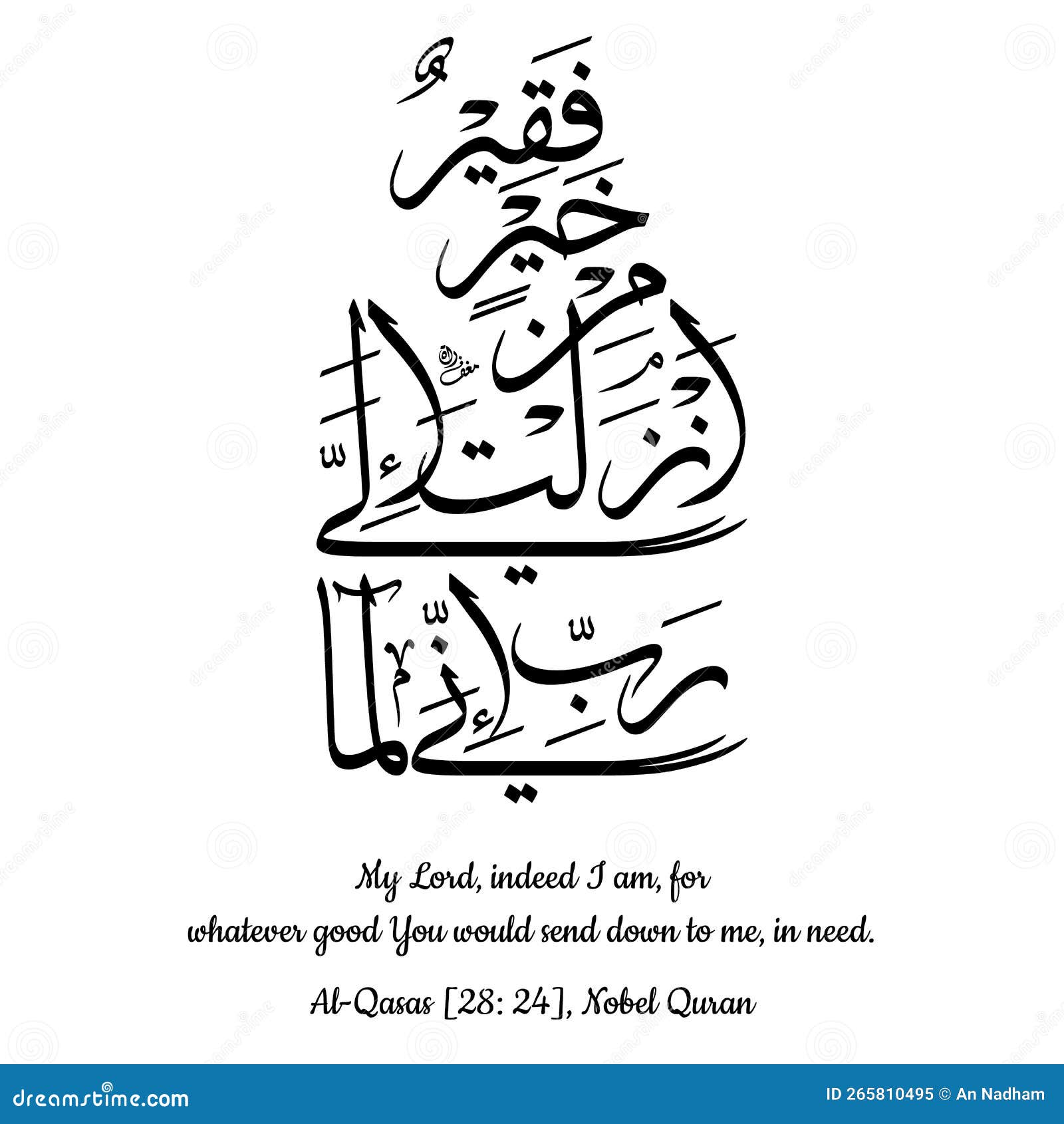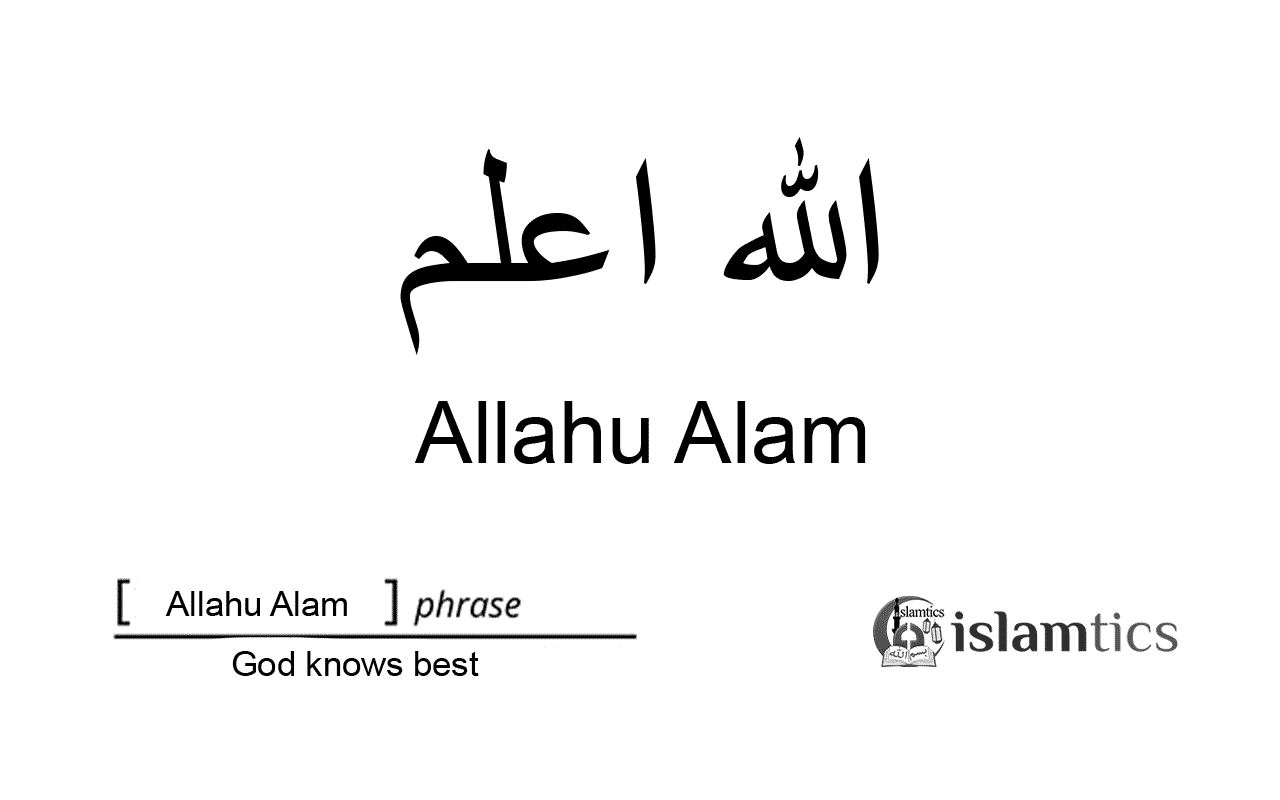Have you ever heard someone say "wallahi" and wondered what it truly means? This word, which might sound quite different to many ears, carries a rather deep importance, especially across various cultures. It is, you know, much more than just a simple phrase; it holds a significant place in conversations, often showing up when people want to express something with real conviction or, perhaps, a strong feeling.
This expression, "wallahi" or sometimes just "wallah," gets used a lot in places where Arabic, Islamic, and African traditions are present. It's essentially a kind of promise, or a solemn declaration, made to a higher power. People often hear it during intense discussions, like when someone wants to really make clear they are telling the truth, or when they are showing how certain they are about something that might seem hard to believe, you know, at first glance.
So, we're going to take a closer look at what this expression is all about. We'll explore its background, how people use it in everyday talk, and what happens when someone makes such a strong statement. It's, as a matter of fact, a word that millions use, and knowing a bit about it helps us better grasp the way people communicate in many parts of the world.
Table of Contents
- What Does "Wallahi" Truly Mean?
- How is "Wallahi" Used in Daily Conversations?
- The Religious Side of Wallahi Arabic Meaning
- Are There Specific Situations for Using "Wallahi"?
- What Happens if a "Wallahi" Oath is Broken?
- Learning Arabic and the Spread of Wallahi Arabic Meaning
- Understanding the Cultural Reach of Wallahi Arabic Meaning
- Wallahi - A Summary of Its Meaning and Use
What Does "Wallahi" Truly Mean?
The word "wallahi" is, in a way, a very direct statement. It means, quite simply, "I swear by God." This expression comes from Arabic, and it is, you know, put together from two parts. There is "wa," which acts like "by" in English, and then "Allah," which is the Arabic word for God. So, when someone says "wallahi," they are making a very serious promise, calling upon God as their witness to the truth of what they are saying.
It's not just a casual phrase; it carries a lot of weight. In Islamic tradition, this phrase holds a rather deep importance. It was, for instance, a term often used by the Prophet Muhammad, peace be upon him, to add a sense of certainty to his words. This shows how significant the phrase has been for a very long time. It gives a speaker's words a feeling of being real and honest, which is, you know, why it's so common in many parts of the world where Muslim communities live.
People use "wallahi" to really make their dialogue more solid and believable. It's a way to show that what they are speaking about is not just an opinion, but something they truly believe to be a fact. This is why, you know, you might hear it in many different kinds of conversations, from the most serious to, perhaps, something a bit more everyday, yet still requiring a strong assertion.
How is "Wallahi" Used in Daily Conversations?
You'll find "wallahi" appearing in many different kinds of everyday talks. It's, you know, most often heard when people are trying to convince someone about the truth of what they are saying. Imagine a situation where someone might doubt what you've just told them. Saying "wallahi" is a way to say, "No, really, I'm telling you the absolute truth." It's a very common way to show honesty in a rather direct manner.
Sometimes, it comes up in more intense discussions, too. It can be an exclamation, a way to show how strongly someone feels about something. For example, if something surprising happens, someone might say "wallahi!" to show their shock or disbelief, or even their excitement. It is, in some respects, a verbal tool that adds a lot of feeling to spoken words, making them more impactful and, you know, personal.
People from various backgrounds, not just those from traditionally Arabic-speaking regions, have started using this word. You might, for instance, hear someone who isn't from a Muslim background using "wallahi" because they've picked it up from friends or from popular culture. This shows how, you know, words can spread and become part of different people's ways of speaking, even if they don't fully grasp the original meaning or the deep background of the phrase.
The Religious Side of Wallahi Arabic Meaning
For Muslims around the world, "wallahi" is a very specific and important expression. It is, basically, an Islamic way to declare, "I swear by Allah." When a Muslim says "wallahi," they are making a solemn promise or oath, calling upon God. This means they are saying they are telling the truth because they are, you know, invoking the highest authority in their belief system. It's a very serious matter.
This expression is often used to affirm that what is being said is true, much like how people in other cultures might "swear to God" or "swear on their life." The difference here is the direct reference to Allah, which carries a specific spiritual weight. It is, you know, a way for individuals to put their word on the line in a very profound way, showing a commitment to honesty that comes from their faith.
Because of this, using "wallahi" carries a significant responsibility. In Islamic teachings, making a false oath by Allah is considered a very serious offense. It is, basically, a breach of trust with God. This makes people think very carefully before they use the phrase, knowing the implications it holds for their faith and their standing before God. It's, you know, not something to be said lightly.
Are There Specific Situations for Using "Wallahi"?
While "wallahi" is a common saying, it tends to be used in certain kinds of situations where its full weight can be felt. It's often heard when someone needs to make a very strong assertion of truth, perhaps when their word is being questioned. It’s a way to really shut down any doubt and, you know, establish credibility in a conversation. It's like saying, "Believe me, because I am putting my highest belief on it."
The phrase also suits situations where people want to show strong feelings. You might hear it used to express a sense of deep sadness, or a lot of happiness, or even a feeling of hopelessness. For example, if someone is really happy about something, they might exclaim "wallahi!" to show how genuinely thrilled they are. It is, in a way, a very versatile expression for emotional emphasis.
However, it's also used in more serious contexts, like when someone is making a firm decision or a promise to themselves. Someone might, for instance, say "wallahi, I will stop doing X," as a personal vow. This highlights the internal commitment that the phrase can represent, making it a tool for personal accountability, too. It's, you know, a very personal declaration of intent.
What Happens if a "Wallahi" Oath is Broken?
Breaking an oath made with "wallahi" is, in Islamic belief, a very serious matter. If someone says "wallahi" that they won't do something, and then they end up doing it, that's considered a broken oath. This is not just a social misstep; it has spiritual consequences. The original text suggests that it is, you know, not permissible to lie and say "wallahi" at all.
When such an oath is broken, the advice often given within Muslim communities is to seek forgiveness. This involves sincere repentance, which means feeling truly sorry for the action and resolving not to do it again. The concept of "Shahada," which is the declaration of faith, is also mentioned as a way to reaffirm one's commitment to Islamic principles. It's, basically, about seeking God's mercy and forgiveness.
This shows the profound respect and caution people should have when using "wallahi." It's not just a casual phrase to throw around. It carries a heavy responsibility because it involves invoking the name of God as a witness to one's truthfulness or promise. The consequences of breaking such a promise are, you know, taken very seriously within the faith, emphasizing the need for honesty.
Learning Arabic and the Spread of Wallahi Arabic Meaning
For people trying to learn Arabic, whether the standard form or different local ways of speaking, understanding words like "wallahi" is, you know, pretty important. These expressions are very common, and they show up a lot in everyday conversations. The community dedicated to learning Arabic often helps people get a better grasp of these kinds of phrases, whether they are in classical Arabic or the more spoken dialects.
The spread of "wallahi" beyond traditional Arabic-speaking circles is also, you know, quite noticeable. The text mentions someone from a different background picking up the word from popular media and starting to use it in their daily life. This shows how language can travel and how certain words, especially those that carry a lot of emphasis or feeling, can become part of a wider vocabulary, even if their original meaning is not fully understood by everyone using them.
It's interesting to see how cultural information, like specific words or ways of speaking, gets passed from one person to another. "Wallahi," along with other common Islamic expressions like "inshallah" (meaning "if God wills"), are, you know, examples of these cultural elements. They are very common, and their frequent use makes them easily picked up by others, showing how languages and cultures interact and influence each other in very real ways.
Understanding the Cultural Reach of Wallahi Arabic Meaning
The expression "wallahi" has, you know, a cultural reach that goes beyond just its religious meaning. It has become a part of how people communicate trust, honesty, and even strong emotions. When someone says "wallahi," they are often trying to convey a level of sincerity that goes beyond just saying "I promise" or "It's true." It's like adding an extra layer of conviction to their words.
This word is, in a way, an element of a culture or a system of behavior that gets shared widely. It's a piece of linguistic information that people learn and use, often without thinking too much about its deep origins, especially when it's picked up outside of its original cultural setting. The fact that it's so commonly heard in many different places, and by many different people, really highlights its broad cultural impact.
It also reflects how important truth and honesty are in many cultures. The act of swearing by God, or by a higher power, is a very old and widespread way to show that you are telling the truth. "Wallahi" is, you know, a very specific example of this practice, deeply rooted in Arabic and Islamic traditions, but its function as a strong affirmation of truth is something that people from all walks of life can, in some respects, understand.
Wallahi - A Summary of Its Meaning and Use
So, we've looked at "wallahi," a word that, you know, really means "I swear by Allah." It's a very common expression, particularly in Arabic, Islamic, and African cultures, where it acts as a serious oath or a strong declaration of truth. People use it to add weight and a sense of honesty to what they are saying, whether in calm discussions or, you know, during more heated conversations.
This phrase is deeply tied to Islamic tradition, often used by Muslims worldwide to affirm their words are true, much like making a solemn promise. It also shows up when people want to express very strong feelings, like sadness, happiness, or despair. The word's power comes from its direct reference to God, making it a matter of great importance if the oath is, you know, ever broken.
Beyond its religious roots, "wallahi" has spread into broader daily speech, even among those who might not fully grasp its original meaning. This shows how words and cultural elements can travel and become part of different ways of speaking. It is, basically, a powerful example of how language reflects cultural values, especially the importance placed on truth and, you know, making honest declarations.
Related Resources:



Detail Author:
- Name : Ms. Shea Ankunding
- Username : qwilkinson
- Email : delfina.sipes@yahoo.com
- Birthdate : 1980-01-04
- Address : 1405 DuBuque Plaza Suite 691 North Colbyview, SD 07189-6946
- Phone : (628) 419-5336
- Company : Block-Goodwin
- Job : Bicycle Repairer
- Bio : Harum consequatur quidem fuga. Fuga ut sint sed. Nisi necessitatibus minus ut esse unde quia ipsam. Distinctio voluptatem eos eos ut nihil minus.
Socials
twitter:
- url : https://twitter.com/hagenes2005
- username : hagenes2005
- bio : Quidem eligendi commodi optio quidem dolorum earum aut. Qui sunt autem aut natus cumque amet officiis sapiente. A dolore eos optio rerum.
- followers : 1116
- following : 2290
linkedin:
- url : https://linkedin.com/in/rhagenes
- username : rhagenes
- bio : Veritatis eaque numquam quia hic.
- followers : 6794
- following : 295
tiktok:
- url : https://tiktok.com/@rhagenes
- username : rhagenes
- bio : Odio rerum eum deleniti. Hic iste dolores explicabo.
- followers : 3028
- following : 1462
instagram:
- url : https://instagram.com/hagenes1975
- username : hagenes1975
- bio : Est officia suscipit sint ea rem. Eaque est placeat corporis facere repudiandae magni rem.
- followers : 1403
- following : 2202
facebook:
- url : https://facebook.com/reagan.hagenes
- username : reagan.hagenes
- bio : Rerum expedita quod eum magni. Distinctio error molestias cum ut nam.
- followers : 904
- following : 564